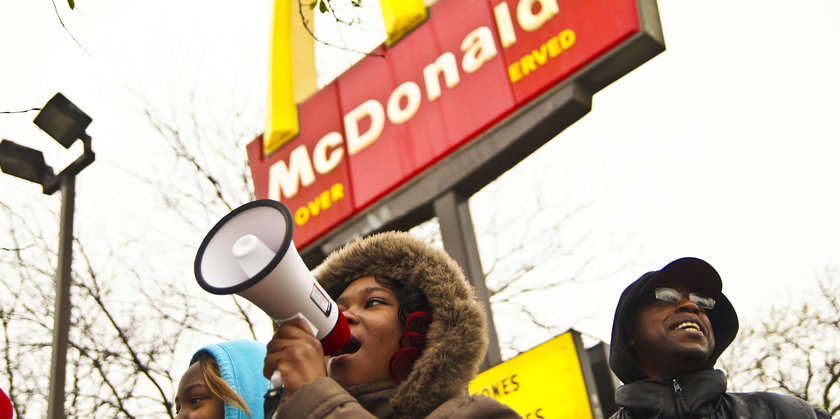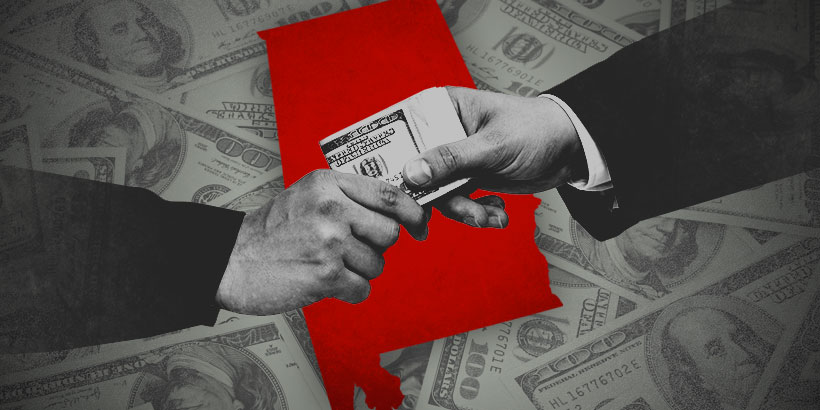
Say I approach the administrators at Troy University and tell them that I strongly believe my expertise in economics is worth far more to the university than it pays me, and threaten to leave unless my salary is increased by $1 million per year — a bargain in my mind. Even if you’re a fan of my columns, you probably would expect Troy to send me packing. And they would be right to do so.
Understanding that basic intuition — that an employer cannot pay a worker more than he is worth in terms of productivity — demonstrates an understanding of the economic harm that hikes in the minimum wage pose to low-skilled workers.
The fact is, the vast majority of minimum wage workers are low skilled and these types of jobs are an important opportunity for them to gain the skills necessary to move up and demand higher wages. In other words, minimum wage jobs are an opportunity for individuals to increase their own value to employers.
Unfortunately, cities across the U.S. have been raising their minimum wages in an effort to help lower income groups and Birmingham is the latest city to do so. When it comes to economic issues such as the minimum wage, it is important to draw a distinction between the intentions of a policy proposal and its actual outcomes. While supporters of the minimum wage often have noble intentions, the minimum wage tends to reduce employment opportunities for many of the low-skilled people they intend to help.
For instance, a National Bureau of Economic Research review of studies on the minimum wage by David Neumark and William Wascher finds that a significant number of studies show that raising the minimum wage reduces the number of jobs available for low-skilled workers.
The reality is, the least-skilled Alabamians — primarily young, part-time workers — will face unemployment as mandated wage rates exceed their skill and experience levels. Sadly, their best option for gaining the skill and experience necessary to earn a higher wage through on-the-job experience is taken away. To truly help these workers, policy makers should focus on helping this group boost their skills through educational reform and by expanding economic opportunity, not by increasing the costs of employing them.
While Alabama has recently taken a small, but important, step in reforming its educational system by becoming the forty-third state to legalize charter schools, many states are successfully implementing more systematic and radical reforms, including wider access to charter schools, and by making private educational options available through tax credits or vouchers. These changes are necessary to revolutionize our failing, one-size-fits-all educational system in Alabama.
To expand economic opportunity, Alabama leaders need to expand the economic freedom necessary to promote business growth and development. That means limited government, low taxes, and low regulatory barriers. For instance, both a White Housereport and a Johnson Center study recommend reforming occupational licensing laws as a way to expand job opportunities for the poor. Removing burdensome regulatory barriers for businesses, such as those faced by Uber — ironically banned in Birmingham — or the craft brewing industry, would also expand economic opportunities for low-skilled workers.
State leaders and city councilmembers interested in raising the wages of low-skilled workers should address the underlying problem. That means finding ways to help workers boost their skills through educational reform and by expanding economic opportunities. Attempts to legislate higher wages will only result in the loss of employment opportunities, and thus the chances for these workers to gain the necessary skills and experience to eventually earn higher wages.
Daniel J. Smith is an associate professor of economics at the Johnson Center at Troy University. Follow him on Twitter: @smithdanj1











